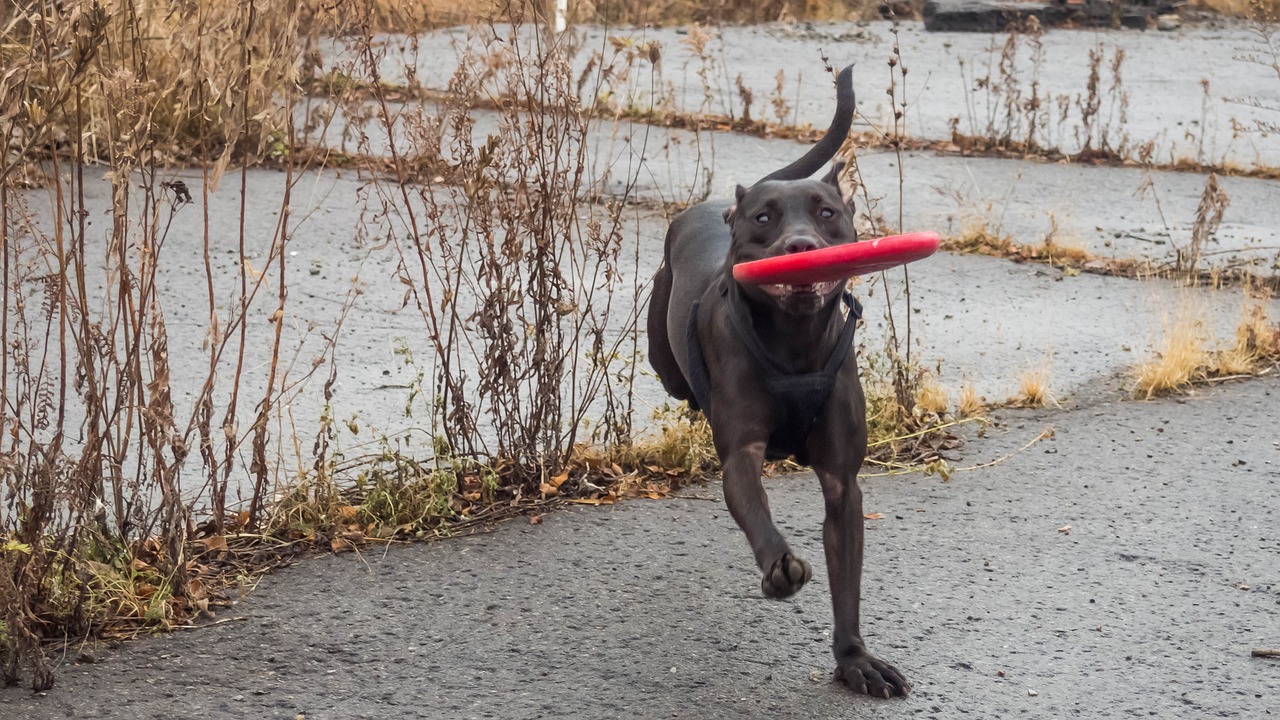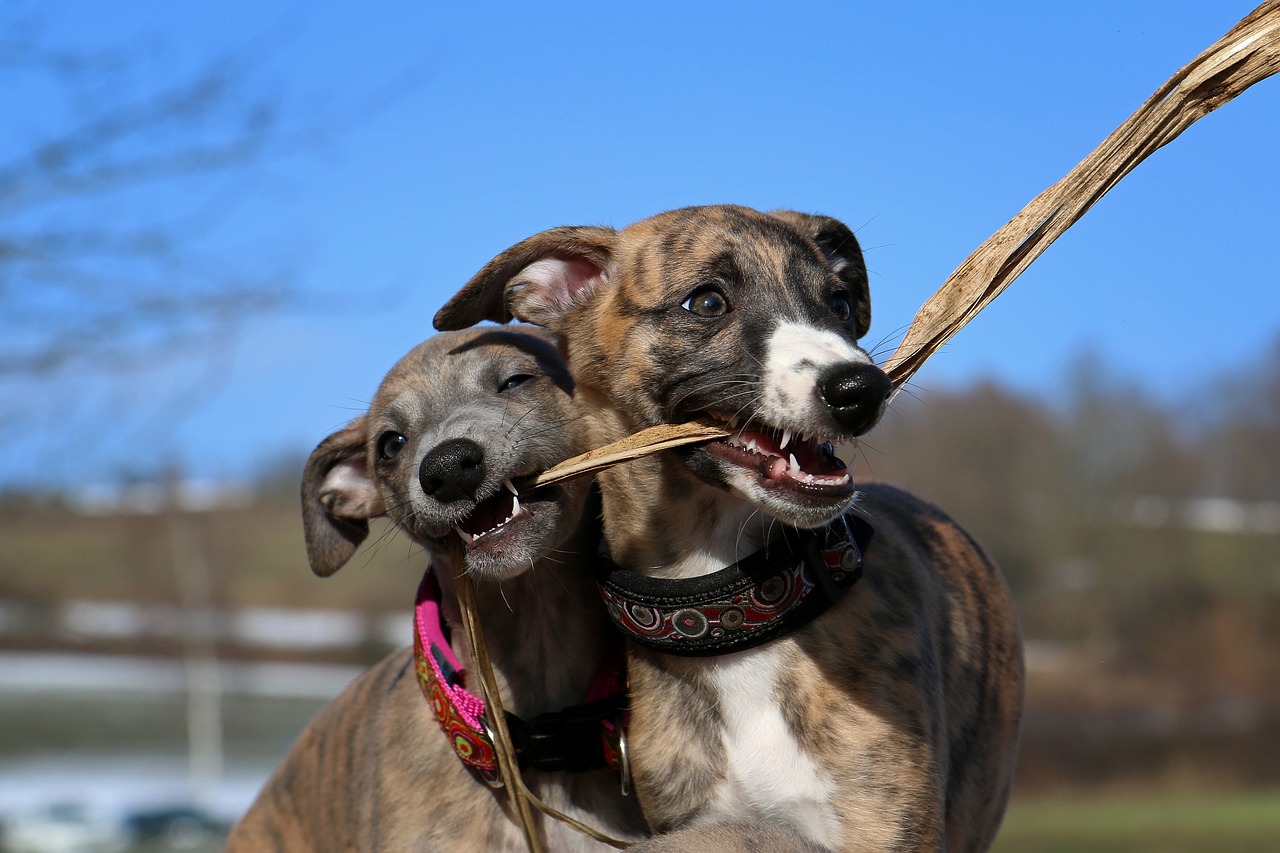Pets
What’s The Chew Drive of a Whippet & Does It Damage?
Whippets, identified for his or her agility, pace, and glossy look, are a breed that many affiliate with grace and class. But, many potential Whippet house owners may marvel in regards to the chew power of those sleek creatures. Right here, we dive into understanding the chew power of Whippets and whether or not it may be painful.
The Origin and Objective of Whippets
To grasp the chew power of a Whippet, it’s important to acknowledge the historical past and first operate of the breed. Whippets originated in England, the place they have been bred for coursing sport and racing. Their main operate was to chase, due to their outstanding pace. The main focus was much less on catching and holding onto prey, because it is likely to be with bigger, extra muscular breeds. Therefore, traditionally, Whippets weren’t bred for his or her chew power however for his or her agility and pace.
Evaluating the Chew Drive
The chew power of a canine, measured in kilos per sq. inch (PSI), varies considerably throughout breeds. Whereas breeds like Mastiffs and Rottweilers boast a chew power ranging between 500-700 PSI, Whippets have a a lot decrease chew power, given their smaller measurement and the needs they have been bred for. It’s estimated that Whippets have a chew power extra consistent with smaller to medium-sized breeds, which is significantly lower than that of bigger, extra highly effective canines.
Does a Whippet’s Chew Damage?
Any canine’s chew, whatever the breed, will be painful if it breaks the pores and skin. Regardless of their much less highly effective chew power, Whippets are nonetheless geared up with sharp tooth that may trigger punctures or bruises. A Whippet’s chew can certainly harm, particularly if the canine feels threatened or provoked. Nonetheless, in comparison with a chew from breeds with a considerably stronger chew power, a chew from a Whippet is much less prone to trigger extreme harm.
Elements Influencing a Whippet’s Chew
A number of elements can affect the chew of a Whippet:
- Age: Whippet puppies are identified to be nippy. Like all puppies, they discover the world with their mouths, and biting is a type of play. Over time, with correct coaching, they often outgrow this habits.
- Coaching: A well-trained Whippet is much less prone to resort to biting. Coaching a Whippet in chew inhibition from a younger age can considerably scale back the possibilities of biting incidents sooner or later.
- Concern and Provocation: Like all canines, Whippets can chew once they really feel threatened or scared. It’s all the time important to method any canine, together with Whippets, with warning, particularly in unfamiliar settings.
Decreasing the Danger of Bites
Homeowners can take a number of proactive steps to scale back the danger of their Whippets biting:
- Early Socialization: Exposing Whippets to varied environments, individuals, and different animals from a younger age might help them change into well-adjusted adults.
- Coaching: Educating chew inhibition and primary obedience can considerably scale back any aggressive tendencies.
- Avoiding Demanding Conditions: If a Whippet is understood to be nervous or fearful in sure conditions, it’s greatest to keep away from these triggers when attainable.
Conclusion
Whippets, with their sighthound lineage, are naturally geared up with the intuition to chase. Nonetheless, their chew power isn’t as sturdy as many different breeds. Whereas a chew from a Whippet can certainly be painful, with correct coaching and understanding, the danger of biting incidents will be minimized. As with all canines, understanding and respecting their boundaries is essential. When handled with love, endurance, and correct coaching, Whippets make affectionate and mild companions.
Often Requested Questions About Whippet Bites

1. Are Whippets naturally aggressive and vulnerable to biting?
Whippets are usually not aggressive canines. They’re identified for his or her mild and affectionate nature, particularly in the direction of their households. Nonetheless, like all canines, they might chew if provoked, scared, or in the event that they’re in ache. Correct socialization and coaching can scale back any biting tendencies.
2. How highly effective is a Whippet’s chew in comparison with different breeds?
Whippets have a much less highly effective chew power in comparison with bigger and extra muscular breeds. Their main operate traditionally has been chasing reasonably than catching, so their chew is extra about holding onto their catch than attacking with ferocity. Nonetheless, any canine’s chew could cause discomfort or harm if it breaks the pores and skin.
3. Can a Whippet’s chew break the pores and skin?
Sure, a Whippet’s chew can break the pores and skin. Regardless of having a comparatively much less highly effective chew power in comparison with bigger breeds, their sharp tooth could cause punctures or bruises in the event that they chew with sufficient power.
4. How can I stop my Whippet from biting?
One of the simplest ways to forestall biting is to coach and socialize your Whippet from a younger age. Educating chew inhibition, exposing them to totally different environments and other people, and guaranteeing they don’t really feel threatened or cornered will considerably scale back the possibilities of biting incidents.
5. Why does my Whippet pet nip a lot?
Nipping and biting are typical behaviors in puppies of all breeds, together with Whippets. That is how they discover the world and play with their littermates. Educating chew inhibition and redirecting their biting to toys might help management and scale back this habits.
6. Do Whippets chew out of worry?
Like many canine breeds, Whippets can chew once they really feel scared or threatened. It’s important to make sure that your Whippet feels protected and to be cautious in conditions that is likely to be disturbing or scary for them.
7. How do I educate my Whippet chew inhibition?
Chew inhibition will be taught by permitting your Whippet to play with different well-behaved canines, gently discouraging exhausting bites throughout play, and utilizing constructive reinforcement once they show mild mouthing. In the event that they chew too exhausting, you may let loose a yelp to allow them to realize it harm, mimicking their littermates’ reactions.
8. Are Whippets protecting of their house owners, main them to chew?
Whippets are loyal to their households and will be protecting, however they aren’t referred to as guard canines. In the event that they understand a direct menace to their proprietor, they may act defensively, however aggressive habits is just not typical for this breed.
9. My Whippet growls and snaps after I contact a selected spot. Why?
In case your Whippet constantly reacts negatively to being touched in a selected space, they might be experiencing ache or discomfort there. It’s important to get them checked by a veterinarian to rule out any medical points.
10. Can Whippets be aggressive with different animals, resulting in bites?
Whippets have a excessive prey drive on account of their sighthound lineage. They could chase smaller animals like rabbits or cats. Nonetheless, with correct socialization and coaching, they will study to coexist peacefully with different pets within the family.

